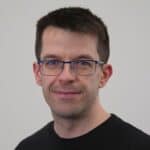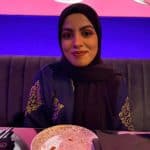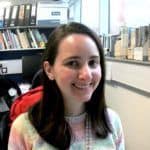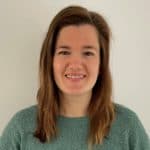-
Asked by GraysonH to Will B, Steve P, paulterrill, Jemma K, Jack H, charlotteslade, Alastair HH on 12 Mar 2025.
Question: In your own words, describe what you had to do to achieve this job and what happens in work in as much detail as you like.
- Keywords:






Comments